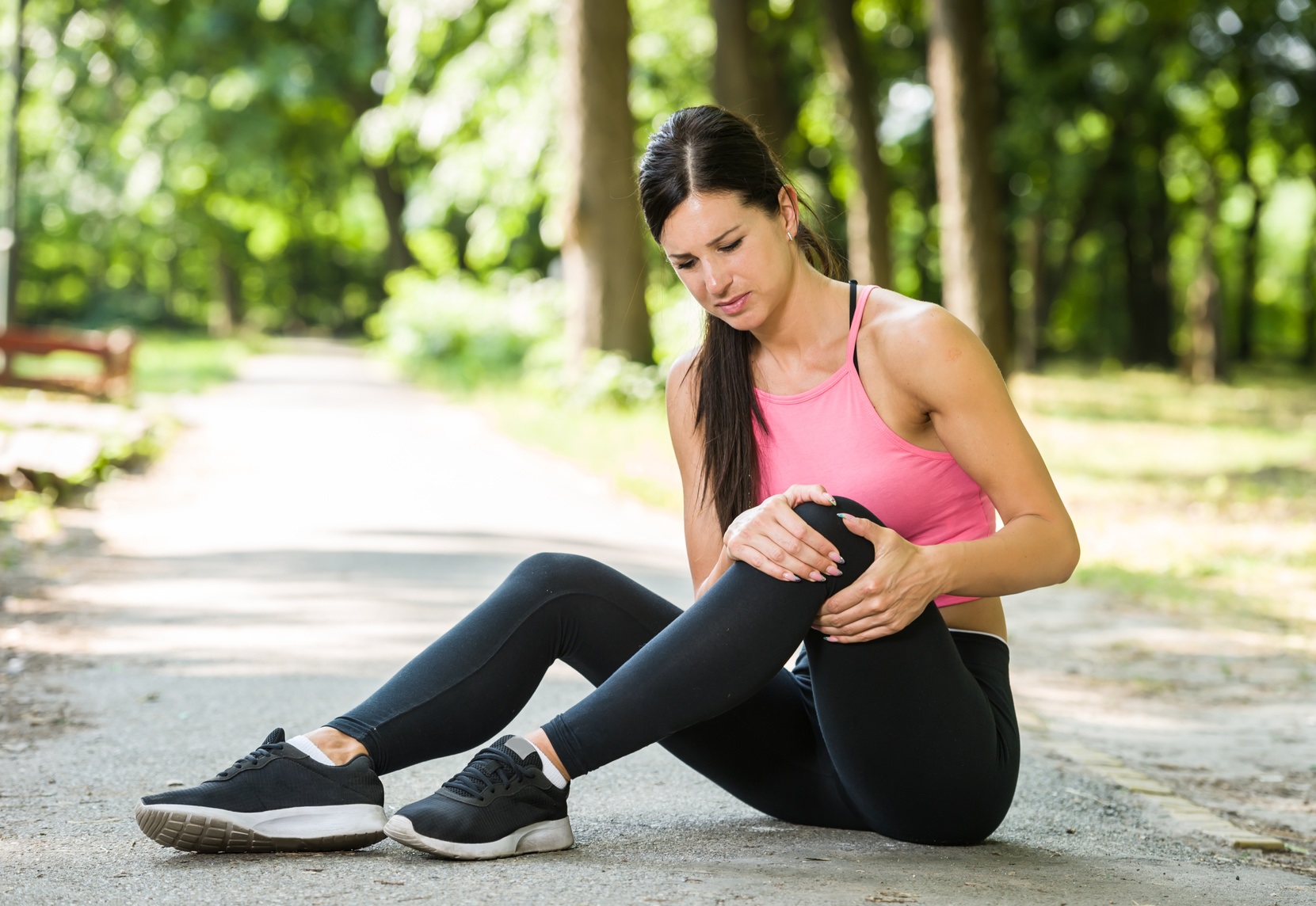When the weather’s nice in Chicago, most of us can’t wait to get outside and take advantage of it. But if you exercise a little too hard, or try a sport or activity you’re not used to, it’s easy to end up with a muscle strain that can put you out of commission.
And if your pain is intense, you may not be sure if your muscle soreness is something that will go away on its own or whether you’ve actually strained something.
Muscle Soreness vs. Muscle Strain
Feeling sore after a hard workout is common. Whenever you push yourself hard in a workout, you cause tiny microscopic tears in your muscles, and then your muscles repair themselves at night, making the muscles even stronger. That’s why you often won’t feel sore from a workout until the next day (known as delayed onset muscle soreness), and if you’ve really pushed yourself, that soreness can last up to three days.
However, muscle soreness isn’t the same thing as a muscle strain. When you strain your muscle, you actually have a much bigger tear in your muscle, which may be able to repair itself on its own, or if really severe, may require surgery.
Signs of a muscle strain include swelling or bruising, pain when you’re at rest or when you’re using the muscle, or even the inability to use the muscle at all.
What to Do If You Strain a Muscle
If you think you may have strained a muscle, it’s important to take care of yourself as quickly as possible. You can use the RICE acronym to remember what to do:
R: Rest — Try to rest and use the injured muscle as little as possible. You don’t want to injure yourself further!
I: Ice — Apply cold packs for 15 to 20 minutes, then take 10 minutes off, then repeat
C: Compression — Wrap the muscle in an Ace bandage or wear compression socks or sleeves to keep swelling down to a minimum
E: Elevation — Elevate the area above the heart to prevent additional swelling
You can also take some ibuprofen to reduce inflammation.
Ice vs. Heat
People often get very confused about when to apply ice vs. heat to sore muscles or a strained muscle. The rule of thumb is that you want to apply ice as quickly as possible to reduce swelling and inflammation. Only after your swelling has completely gone down is it ok to apply heat.
What to Do If You Have Muscle Soreness
Ok, let’s say you’re muscles are sore from working out, but you’re not in severe pain. What can you do to recover faster? Here are a few tips:
- Take a Cold Bath
Just like with a muscle strain, applying ice to your muscles is the best way to reduce inflammation. If you’ve ever seen pro athletes jumping in a tub of ice water after a game, you’ll know why. You can also continue to apply ice packs to the area for the next few days to keep inflammation down. - Drink Water
When you work out, you lose a lot of water due to sweat, and when your muscles are dehydrated, it can make your post-workout soreness even worse. That’s why it’s just as important to hydrate after a workout as it is during a workout. - Give Yourself a Massage
Massaging your muscles is a great way of finding relief after a hard workout. For a sore lower back, glute, shoulders or neck, you can use a tennis ball to work out those knots. Watch this video for some tips. You can also buy a foam roller to target specific areas as well. - Take Supplements
Certain supplements can also do wonders to reduce muscle soreness. Dr. Richard Bisceglie, a naprapathic doctor at the Center for Holistic Medicine, recommends taking 600 to 800 milligrams of magnesium for muscle tightness and one to two grams of turmeric to reduce inflammation. Other bodybuilding experts recommend taking BCAA (branch-chained amino acids) supplements, which are essential amino acids that make up a significant percentage of your muscles’ protein.
If your pain hasn’t gotten better in three days, it’s important to see a doctor who may be able to determine if you don’t have an issue with your ligaments, bones or cartilage.
